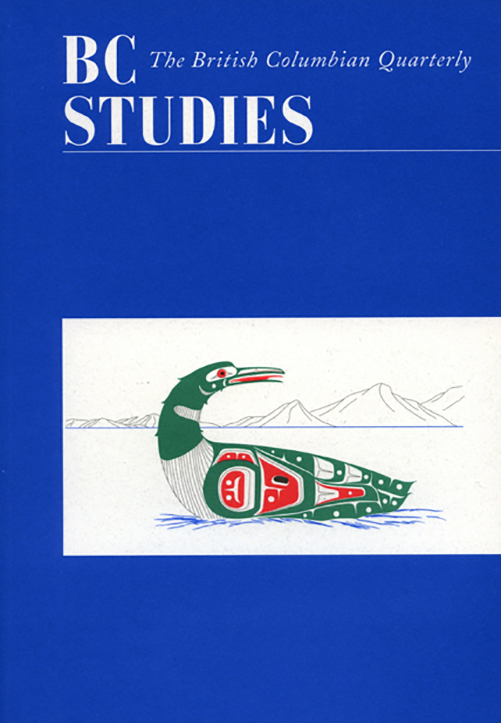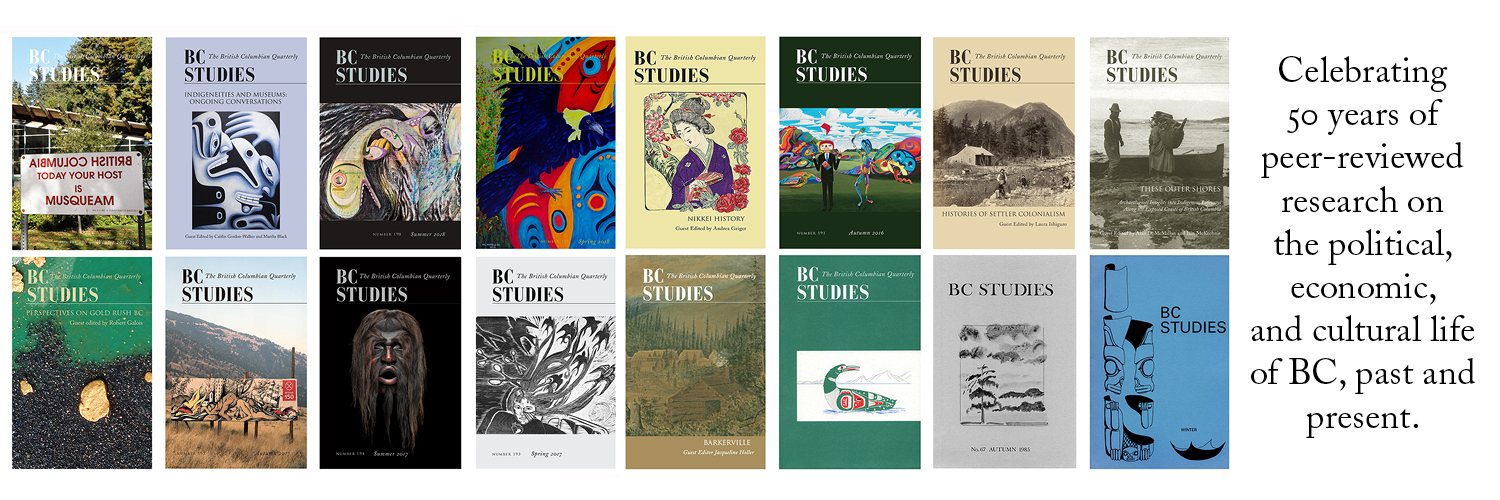Pluralism, Institutionalism, and the Theories of BC Politics
DOI:
https://doi.org/10.14288/bcs.v0i172.2068Keywords:
B.C. Politics, institutionalism, pluralism and Post-Materialism, class, natural resources, political parties, politicsAbstract
The article examines theories of B.C. politics from the perspective of New Institutionalism. It argues that the contributions of Martin Robin's class-based theory, Ed Black's "politics of exploitation" theory and Mark Sproule-Jones's theory of sponsored conceptual ideology to explaining the distinctiveness of B.C.'s political culture and its ideologically polarized party system can best be understood in terms of their insights into temporal processes, especially path-dependent sequences of development. Although growing social and institutional pluralism are limiting the explanatory value of these theories today, paying close attention to the dynamics of institutional development at work in contemporary BC can help us to identify new reasons for thinking that the province's unique politics will continue into the future.



